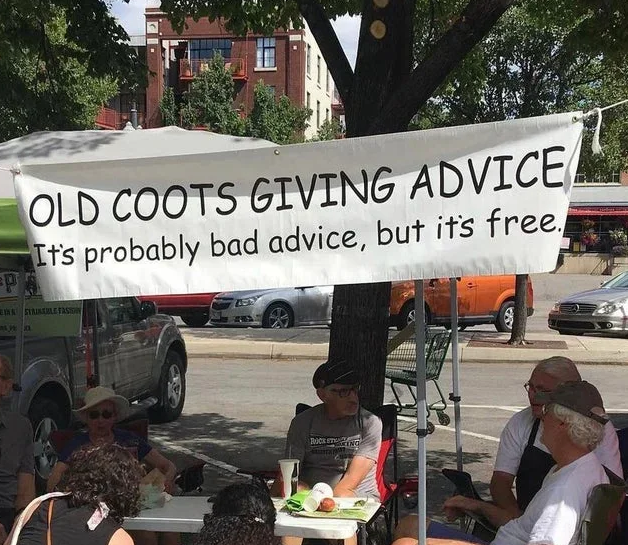Introduction
The Coase theorem, winner of the just made up MEAB award for “best theorem with the most obtuse Wikipedia description possible” award, says essentially that the value of something can be measured by what you’d have to pay someone to give it up. (Editor’s note: Take a couple of minutes and read the first paragraph of the linked Wikipedia article, wowza that’s bad!)
Example
Let’s illustrate with America’s favorite fruit, bananas. How much are bananas worth in your life? Would you give them up forever if I paid you $1? What if I paid you $10,000, or maybe even $40,000? The smallest number that causes you to swear off bananas forever is, according to the Coase theorem, their total worth.
Making it Real
When assessing how risky a manufactured spend stunt is, the Coase theorem gives a concrete way to assess whether or not one should attempt the stunt, knowing that it might lead to a bank shutdown.
Let’s say, for funzies, that there’s an opportunity to earn 7-8x transferrable points for a cost of ~3%, with effectively unlimited capacity (yes, this has happened, and yes, more than once; no, sorry, I can’t share a play like that right now). If a manufactured spender went as hard as possible with 8x earn on 3% cost, most banks or credit unions would axe that account within weeks or months, and the relationship with that bank would likely also be fried for at least 7-10 years if not forever.
So, can that manufactured spender earn enough in weeks or months to make the play worth frying the relationship? If yes, LFG I guess.
A Case Study
What’s MEAB’s Coase theorem valuation for a few things?
- American Express: $1,000,000+ (or maybe less after October 1)
- Kroger: $100,000+
- Citi: $40,000
- WesTex Federal CU: $1,000
- Bananas: $15,000
Have a nice weekend friends!

Honorary MEAB award for Wikimedia, Inc.






